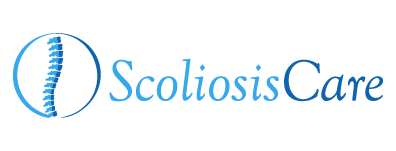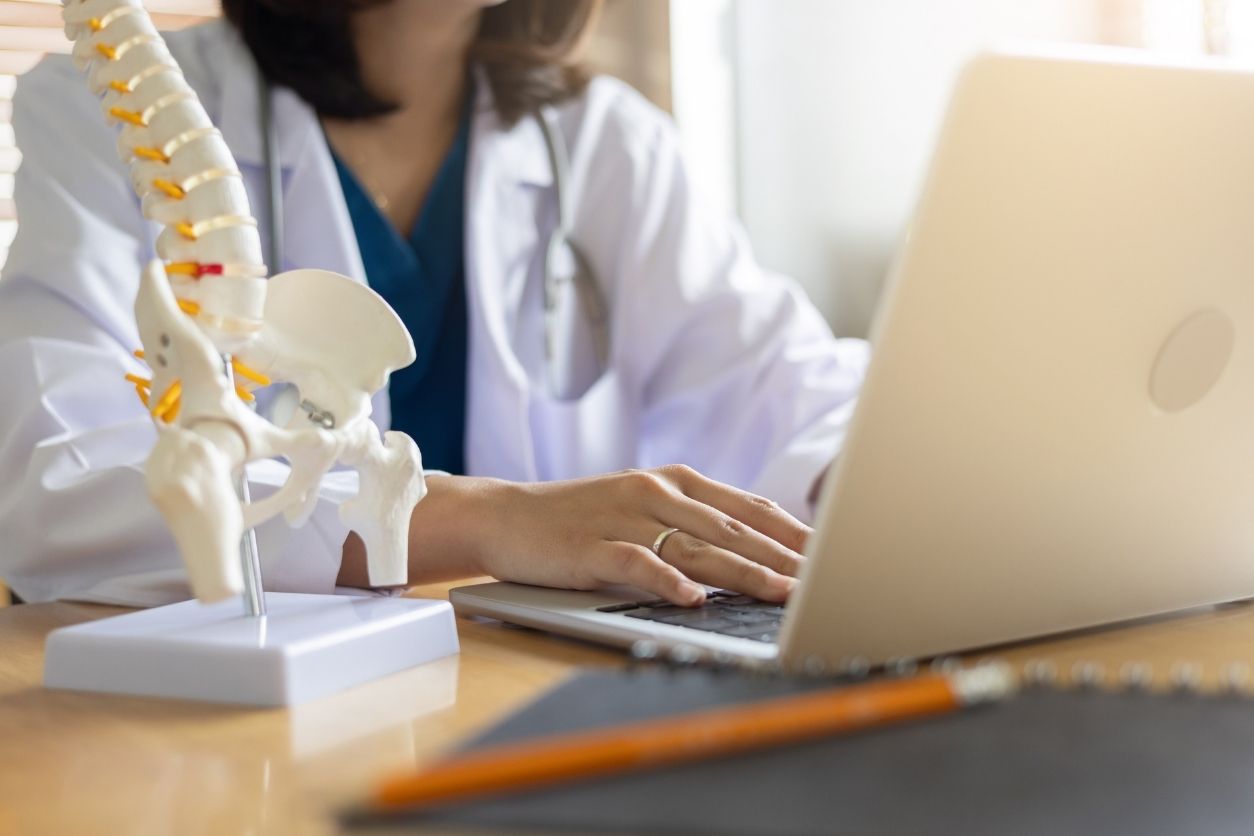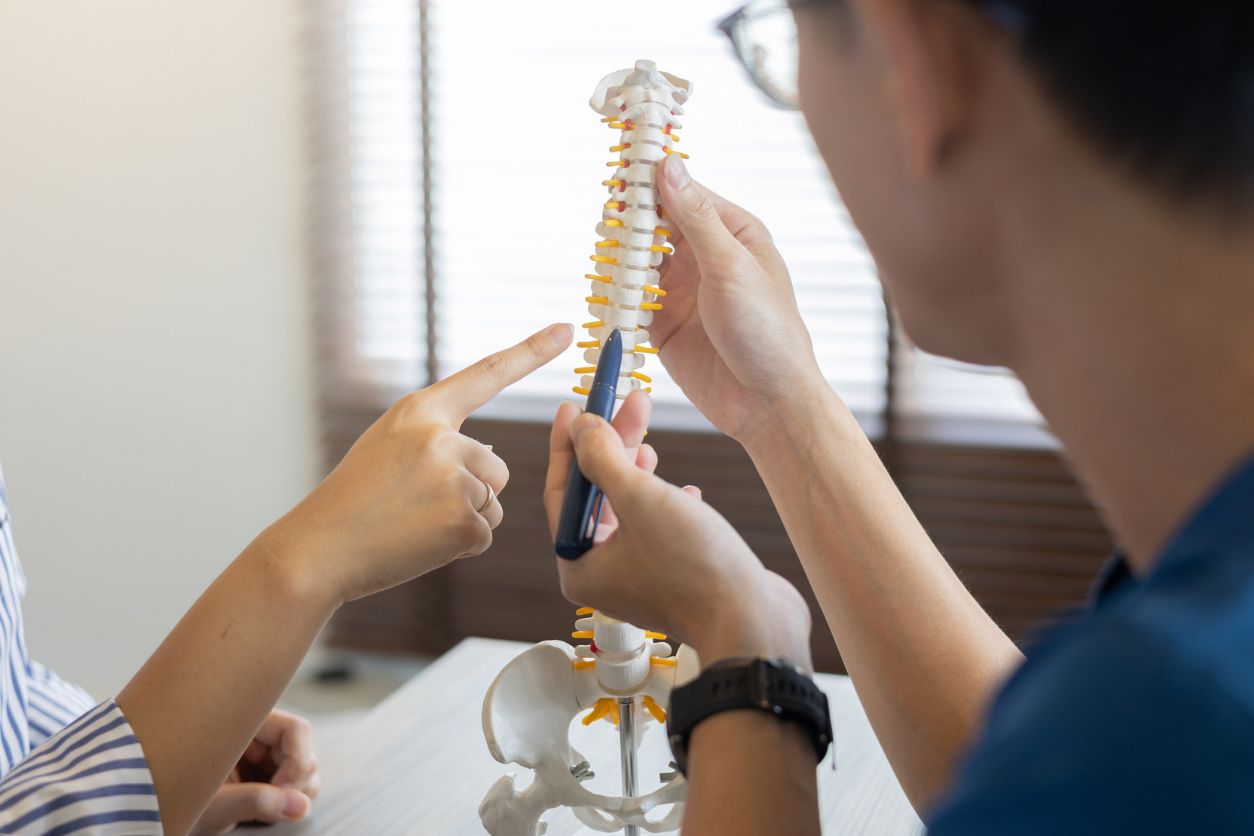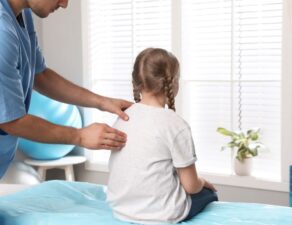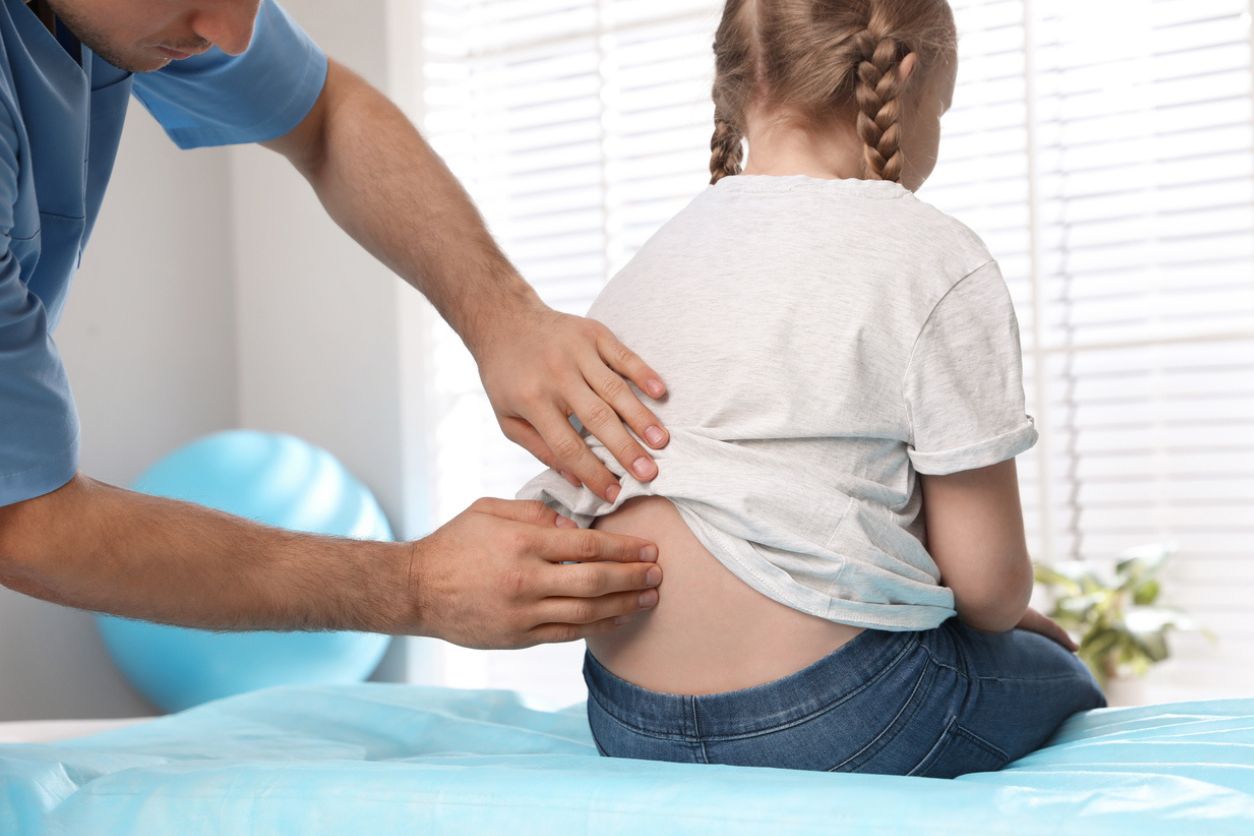
Lumbar scoliosis, a condition characterized by an abnormal sideways curvature of the lower spine, affects countless individuals worldwide. This condition can present unique challenges and symptoms, impacting both pediatric and adult patients. Dr. Siambanes of Scoliosis Care, renowned for his expertise in treating scoliosis, offers a beacon of hope for those seeking relief and a path toward improved spinal health.
What is Lumbar Scoliosis?
Lumbar scoliosis specifically refers to curvatures that occur in the lumbar (lower) region of the spine. Unlike thoracic scoliosis, which affects the upper back, lumbar scoliosis can have different implications for mobility and pain due to its location.
What Causes Lumbar Scoliosis?
The causes of lumbar scoliosis can be varied, ranging from congenital factors present at birth to degenerative changes that occur with aging. In pediatric cases, the condition often arises without a known cause, termed idiopathic scoliosis. Adults, on the other hand, may develop lumbar scoliosis as a result of spinal degeneration, previous spinal surgery, or other underlying conditions that affect spinal alignment.
Genetic Factors
Genetic predispositions are a well-established cause of lumbar scoliosis. Those with a family history of scoliosis are at a higher risk of developing the condition themselves. In some cases, certain genetic conditions can also increase the likelihood of developing lumbar scoliosis.
Developmental Issues
During growth spurts in adolescence, a person’s body undergoes rapid changes, sometimes leading to lumbar scoliosis. This is because the spine is still developing, and any imbalances or abnormalities during this crucial stage can result in the development of a curvature.
Symptoms to Watch For
Early detection of lumbar scoliosis is crucial for managing the condition effectively and improving the quality of life for those affected. By being aware of the common symptoms, individuals can seek timely medical advice and treatment. Here are the key symptoms to watch out for:
- Uneven shoulders or hips
- Prominent shoulder blade or rib on one side
- Visible curvature of the spine when bending forward
- Back pain, numbness, or weakness
- Difficulty breathing due to compression of lungs from severe curvature
- Changes in posture or gait
Diagnosing Lumbar Scoliosis
Diagnosis begins with a thorough medical history and physical examination. Imaging tests, such as X-rays, MRI, or CT scans, are crucial for confirming the presence of a curve and assessing its severity. These diagnostic tools help in planning the most effective treatment strategy.
Treatment Options for Scoliosis
Dr. Siambanes and his team at Scoliosis Care are dedicated to providing comprehensive care for both pediatric and adult patients with lumbar scoliosis. Treatment plans are tailored to the individual’s age, the severity of the curve, and the presence of symptoms.
Non-surgical Treatments
For milder cases or in situations where surgery is not immediately necessary, Dr. Siambanes may recommend a combination of physical therapy, bracing, and pain management techniques. These approaches are designed to strengthen the back, improve posture, and alleviate discomfort.
Surgical Interventions
In more severe cases, or when non-surgical treatments fail to halt progression or relieve symptoms, surgery may be considered. Dr. Siambanes utilizes the latest surgical techniques to correct the spinal curvature and stabilize the spine. Surgical options are customized based on the patient’s specific needs and may include spinal fusion or the use of rods and screws to correct the curvature.
Pediatric vs. Adult Treatment
The approach to treating lumbar scoliosis varies between pediatric and adult patients. For children and adolescents, the focus is often on monitoring growth and preventing curve progression. In adults, treatment may also address degenerative changes and relieve pain. Dr. Siambanes’s expertise in both pediatric and adult scoliosis ensures that patients of all ages receive the most appropriate and effective care.
Start Your Journey to Better Spine Health
At Scoliosis Care, we understand the challenges individuals with scoliosis face. We are dedicated to providing comprehensive care, from diagnosis to treatment and beyond. If you or a loved one is dealing with scoliosis, contact us today to learn how we can support you on your journey to better spine health.
